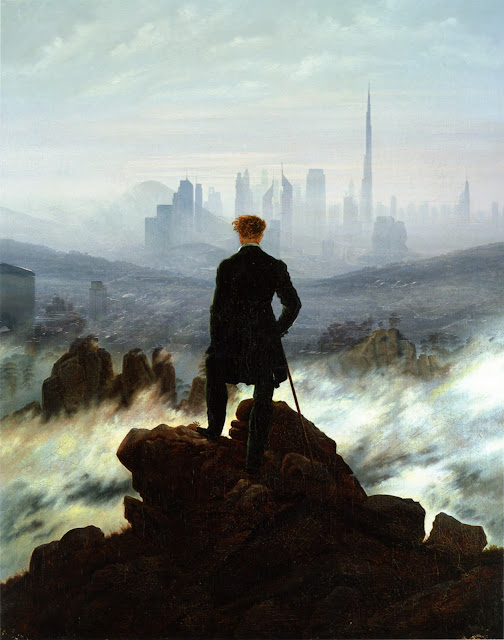Civil Rights Leader
Elizabeth Peratrovich
1911-1958
Dr. Martin Luther King, Jr. is remembered as the great civil rights movement leader during the 1960s. Elizabeth Jean Wanamaker Peratrovich is remembered as Alaska's great equal rights campaign leader for Alaska Natives in the 1940s. Elizabeth's moving and dramatic presentation before the Alaska Territorial Legislature on February 8, 1945, was responsible for changing the views of biased senators on the "Equal Rights" bill. The bill passed and immediately became law, thus beginning a new era in Alaska's racial relations.
Forty-seven years ago, Elizabeth Peratrovich championed the cause of civil rights in Alaska and silenced the voices of prejudice and discrimination.
It was February, 1945. The Territorial Senate met as a Committee of the Whole to discuss the equal rights issue and a bill prohibiting racial discrimination in Alaska.
The bill was assailed as a "lawyer's dream" which would create hard feelings between Natives and whites. Many senators stood in turn to speak against equal rights. Their arguments are, by now, familiar ones in this country.
-- They said the bill would aggravate the already hard feelings between Natives and whites.
-- They said the bill was unnecessary -- that Natives had made great progress in the 10 centuries since contact with white civilization.
-- They said the real answer was in the separation of the races.
Those are the ideas we have come to recognize in the last 20 years as the public face of private injustice. The opponents of racial equality have always refused to recognize the problem. Refused to recognize the injury done. Refused to recognize the jobs lost, the poverty incurred, the blows to self-esteem sustained every day by those who have done nothing to merit such injury.
Those voices of prejudice were reduced to a whisper, 47 years ago, by a woman who spoke from the heart.
According to the legislative custom of the time, an opportunity was offered to anyone present who wished to speak on the bill. Elizabeth Peratrovich was the final speaker on that day in 1945. After the long speeches and logical arguments were over, Elizabeth rose to tell the truth about prejudice.
"I would not have expected," she said "that I, who am barely out of savagery, would have to remind gentlemen with five thousand years of recorded civilization behind them of our Bill of Rights."
She talked about herself, her friends, her children, and the cruel treatment that consigned Alaska Natives to a second class existence.
She described to the Senate what it means to be unable to buy a house in a decent neighborhood because Natives aren't allowed to live there.
She described how children feel when they are refused entrance into movie theaters, or see signs in shop windows that read "No dogs or Natives allowed."
She closed her testimony with a biting condemnation of the "Super race" attitude responsible for such cruelty. Following her speech, there was a wild burst of applause from the Gallery, and the Senate proceeded to pass the Alaska Civil Rights Act by a vote of 11–5.
On that day in 1945, Elizabeth Peratrovich represented her people as the Grand President of the Alaska Native Sisterhood. She was a champion of Alaska Natives and of all people who suffered from discrimination.
In the years since Alaska statehood, we have had too few women and minorities elected to office. But their presence has been felt, just as Elizabeth Peratrovich's presence was felt that day in 1945. In naming Gallery B for Elizabeth, we honor her today for her vision, her wisdom, and her courage in speaking out for what she believed to be right. She symbolizes the role the gallery plays in the legislature and the importance of public opinion in the legislative process. She reminds us that a single person, speaking from the heart, can affect the future of all.
with thanks to university of alaska anchorage





















































